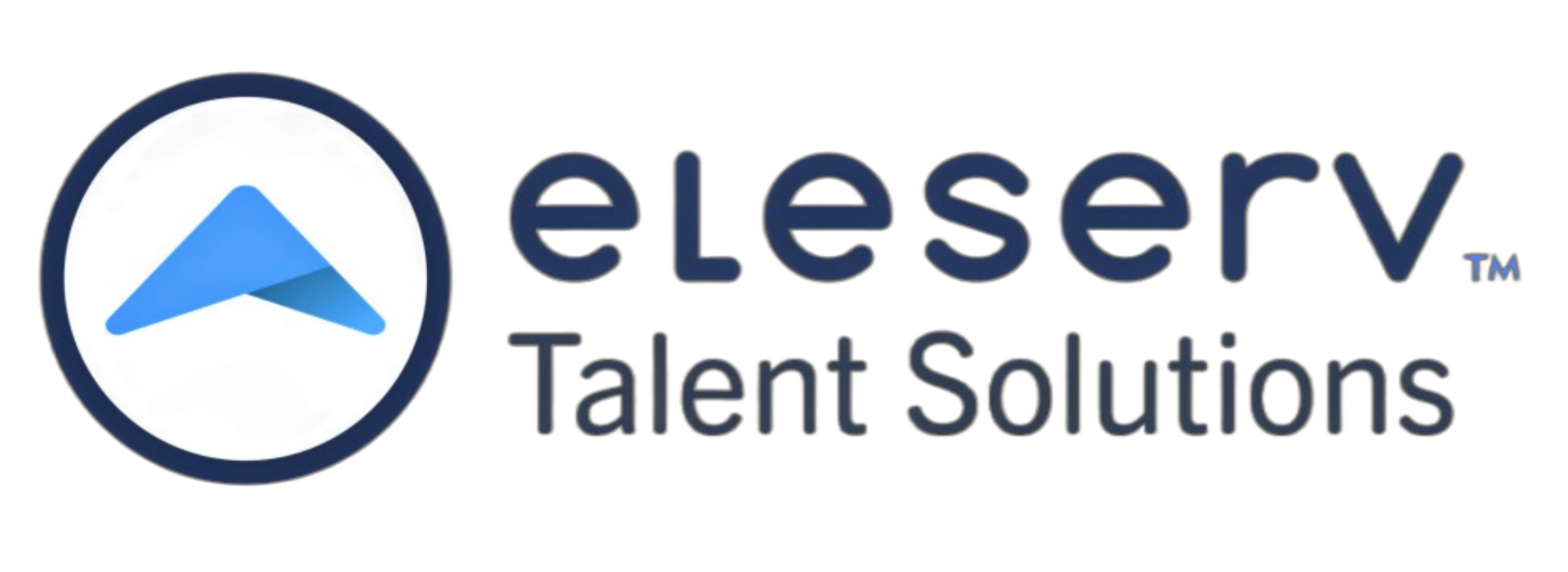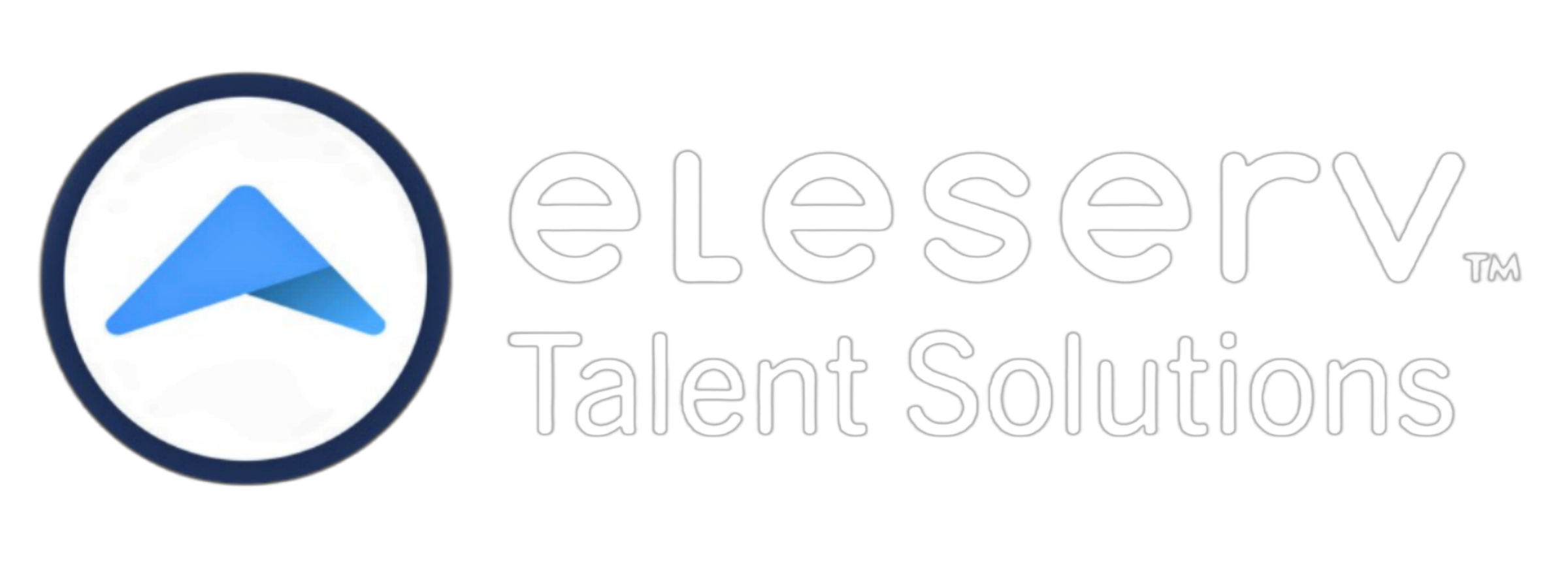In an agile work environment, deadlines are tight, and time is of the essence. Therefore, having good time management skills is crucial for employees to be successful. They must be able to prioritize tasks effectively, manage their workload efficiently, and meet project milestones within the given timeframe. Poor time management can result in delays, missed deliverables, and reduced productivity across the team. On the other hand, employees who possess this skill can maintain a steady pace of work and ensure timely completion of tasks. Employees with good time management skills ensure projects are completed on time and within budget.
Agile projects rely heavily on collaboration and cross-functional teams to drive success. Employees must be able to work collaboratively, communicate openly, share knowledge and ideas, and support their team members. An effective team dynamic fosters a sense of ownership, promotes knowledge sharing, and enables continuous learning. When employees feel comfortable working together, they can build on each other's strengths and deliver high-quality results. Teamwork also involves being able to work well with diverse personalities and skill sets, resolving conflicts, and making decisions as a group.
Why These Skills Are Critical
In an agile workforce, these skills are critical because they enable employees to thrive in a fast-paced and constantly changing environment. Effective communication promotes transparency and trust, while adaptability allows employees to embrace change without hesitation. Time management ensures that projects are completed on time, while problem-solving helps overcome obstacles quickly. Finally, teamwork facilitates collaboration and drives project success. As organizations continue to adopt agile methodologies, the demand for employees with these critical skills is only going to increase. Understanding whether your candidates and employees have these skills is more critical than ever. Assessing soft and hard skills in the selection process and fostering a culture of continuous learning is crucial. Maximize your workforce by embracing the Agile concept. Doing so will ensure that your organization is always growing and evolving.


